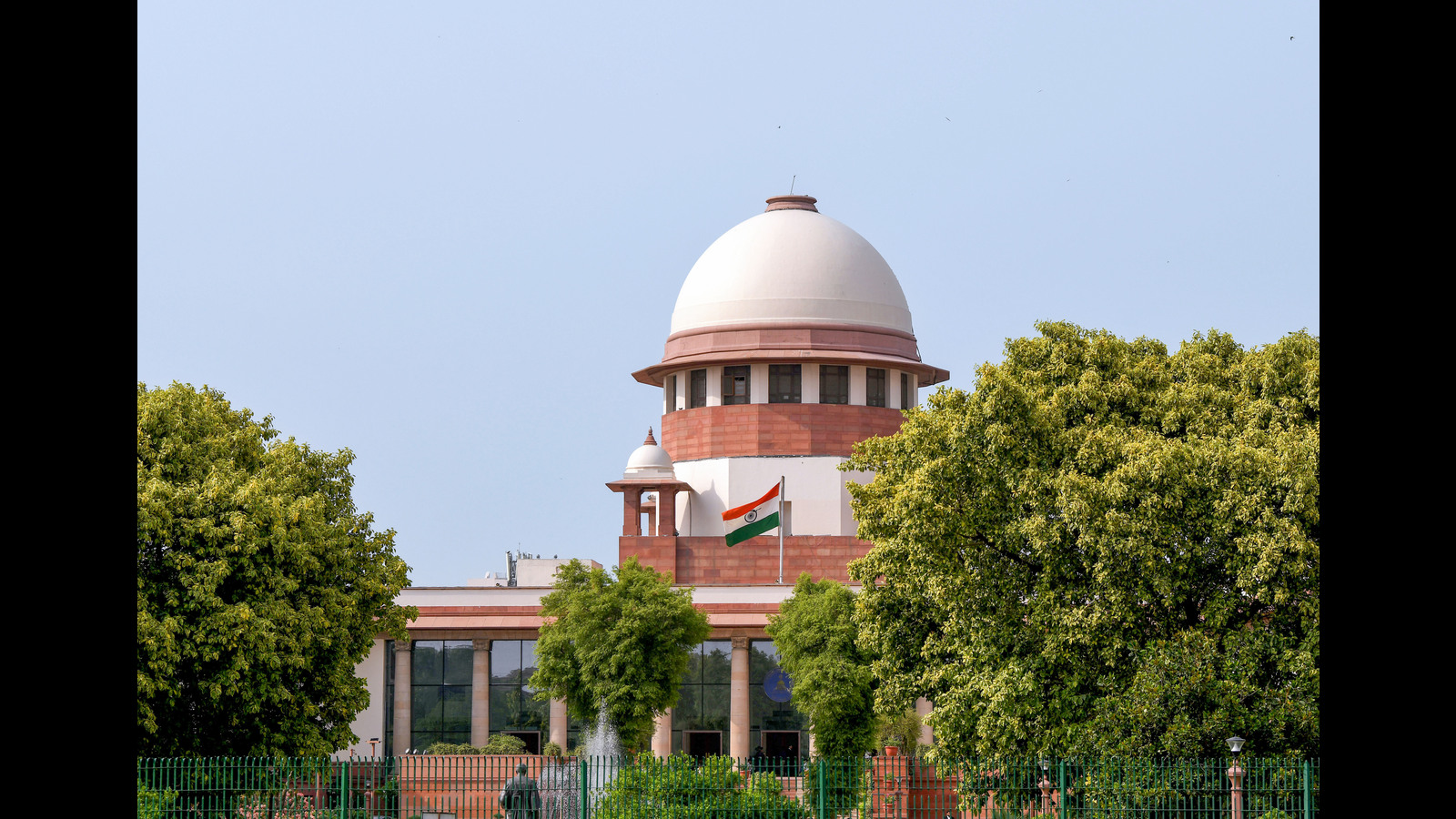
SC slams accused offering bail amount, later reneging offer
How did your country report this? Share your view in the comments.
Diverging Reports Breakdown
SC slams accused offering bail amount, later reneging offer
The Supreme Court on Monday said that accused who seek bail by offering to pay huge amounts as part of bail conditions cannot renege on their offer. Such a practice amounts to playing “ducks and drakes” with the court which affects the sanctity of judicial process, the court said. A bench of justices KV Viswanathan and N Kotiswar Singh, sitting during the partial court working days, deprecated the practice adopted by the accused Kundan Singh. Singh was accused of evading tax to the tune of ₹13.7 crore. In his petition for bail, his lawyer told the Madras high court that he was willing to deposit an amount of ⁹2.7. crore upfront and would abide by any stringent conditions. The court converted the bail order to interim bail applicable till the date on which the high court takes up the matter.
Deciding a case from Madras high court which released a man who defaulted on payment of over ₹13 crore towards goods and services tax (GST), a bench of justices KV Viswanathan and N Kotiswar Singh, sitting during the partial court working days, deprecated the practice adopted by the accused Kundan Singh, whose lawyer made an offer to pay ₹50 lakh as part of bail condition prior to release, in addition to payment of outstanding dues to the tune of over ₹2.7 crore.
Subsequently, the man claimed the lawyer was not authorised to make this offer of payment, which was part of the bail conditions listed by the high court in its order. Since this would mean cancellation of bail, he approached the Supreme Court, which took a dim view of the whole matter.
“What is troubling us is that an attempt is being made to foreclose consideration of bail on merits by voluntarily offering deposit of amounts and thereafter reneging on it by saying that either the counsel had no authority to make such a statement or the (bail) condition is onerous.” the bench said.
Setting aside the May 8 order of the HC, the order said, “We strongly deprecate this practice. We have to be conscious of the sanctity of judicial process. We cannot allow parties to play ducks and drakes with the court. In this scenario, the only conclusion possible is that the original order of May 8 (modified on May 14) will have to be set aside and matter be remitted to the high court for consideration on merits.”
Because of the offer for monetary deposit, the top court noted that the high court did not consider the matter on merits when bail was opposed by the Superintendent of Central GST and Central Excise.
“We cannot permit parties to take advantage of a device resorted to by them to secure an order of release,” the court held, but stopped short of directing the petitioner to surrender as senior advocate V Chitambaresh appearing for the accused informed the bench that he needs to look after his pregnant wife and his ailing father.
Requesting the chief justice of the high court to “expeditiously” take up the matter, the court converted the bail order to interim bail applicable till the date on which the high court takes up the matter. The order further requested the high court to expeditiously decide the bail plea uninfluenced by the observations made in the present order.
Chitambaresh told the court that his client had no means to pay the amount fixed by the high court and that the lawyer representing the petitioner was not authorised to make the offer.
The bench was inclined to issue some general directions as it increasingly found such matters coming up in the top court. “This scenario is becoming commonplace before this court. When parties move petition for anticipatory bail or regular bail, a voluntary offer is made by their counsel that they will deposit a substantial amount to show their bona fide.”
The petitioner in the present case was charged for offences under the Central GST Act for supplying goods without proper invoice and vice versa. Singh was accused of evading tax to the tune of ₹13.7 crore. He was arrested on 27 March this year. In his petition for bail, his lawyer told the Madras high court that he was willing to deposit an amount of ₹2.7 crore upfront and would abide by any stringent conditions.
The bail conditions fixed by the high court was agreed to by the petitioner’s lawyer and failure to deposit the amount of ₹2.7 crore along with ₹50 lakh as part of bail condition within 10 days of release would result in automatic dismissal of the bail plea.
